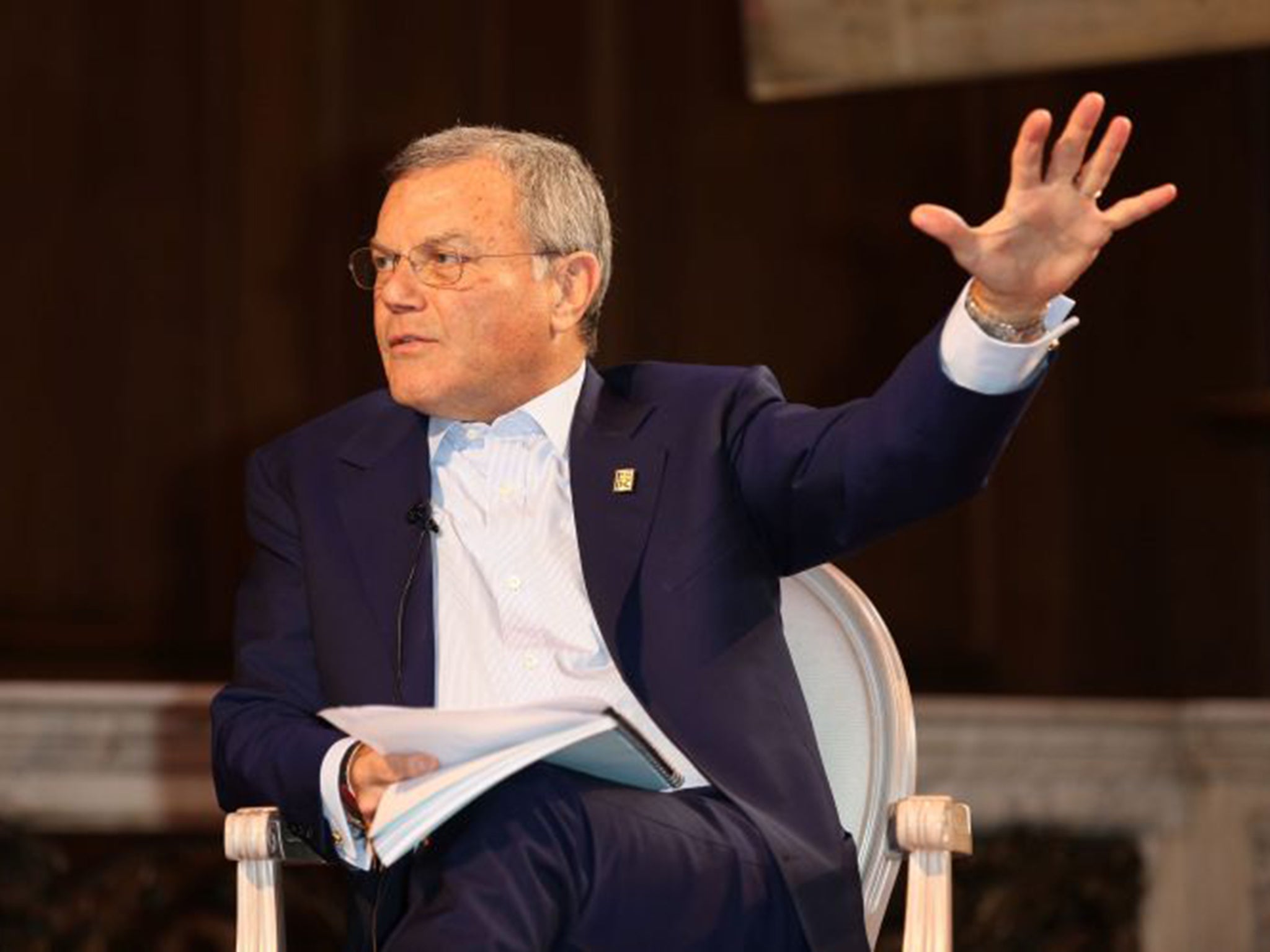CEO pay falls, but here's why the figures are nothing to celebrate
The 32 lowest paid FTSE bosses all got rises and it would still take the average worker 150 years to get to what the average one makes in just a year

Your support helps us to tell the story
From reproductive rights to climate change to Big Tech, The Independent is on the ground when the story is developing. Whether it's investigating the financials of Elon Musk's pro-Trump PAC or producing our latest documentary, 'The A Word', which shines a light on the American women fighting for reproductive rights, we know how important it is to parse out the facts from the messaging.
At such a critical moment in US history, we need reporters on the ground. Your donation allows us to keep sending journalists to speak to both sides of the story.
The Independent is trusted by Americans across the entire political spectrum. And unlike many other quality news outlets, we choose not to lock Americans out of our reporting and analysis with paywalls. We believe quality journalism should be available to everyone, paid for by those who can afford it.
Your support makes all the difference.Reality bites, is how the High Pay Centre described a 17 per cent reduction in average FTSE 100 bosses’ pay.
Shouldn’t those of us who have fiercely opposed Britain’s culture of boardroom excess be celebrating a figure like that?
Only up to a point. Delve into the exhaustive analysis by the Centre and the Chartered Institute for Personnel and Development, and you’ll see that it’s more a case of two steps forward, one step back.
The 17 per cent fall in the average single figure remuneration for CEOs that their report records took it down to £4.53m in 2016 from £5.44m in 2015. This is welcome.
But the figure is, to some extent, skewed by a couple of very big falls at the extreme end. Fully two percentage points of the reduction was caused by a simple degree of moderation being brought to just one enormous package – that of Sir Martin Sorrell, at advertising giant WPP. His pay dropped from £70.4m to £48.1m.
Ramesh Kapoor, at consumer products group Rekitt Benckiser, was another outlier. His package fell by £8.8m – to £14.6m.
Set against that is the fact that at the bottom of the FTSE pile, the index’s lesser lights were quietly taking the opportunity to play catch up. The 32 lowest paid bosses all got rises.
So what we’re seeing here is something of a clustering around a still very high mean with falls at the top offset by rises at the bottom.
It appears that remuneration committees, and the consultants who advise them, have worked out that at the bottom end of the FTSE you can get away with what I would refer to as “modest excess”.
It sounds like a contradiction in terms, but what it means in practice is that you can top up by a few hundred grand a year and no one will make too much of a fuss.
It’s only if you push the envelope, like Imperial Brands – a cigarette company that doesn’t want to shout too loud about it – did earlier this year, that you get into trouble with the City’s institutional shareholders.
It had to withdraw a package that would have seen its CEO Alison Cooper’s maximum bumped up from £5.5m to £8.5m. If its RemCo had tried, say, £6.5m, it might have got away with it.
Meanwhile, there is still a yawning gulf between what the average Britain earns and what those at the top of society take home.
As the GMB union pointed out, it would take a worker on a normal salary more than 150 years, for their earnings to match what a typical FTSE 100 boss makes in just one.
CEO salaries are still nearly ten per cent ahead of where they were as recently as 2010, despite there being no proven link between high executive pay and the addition of either economic or shareholder value.
We should also remember that lucrative share-based “long term incentive plans” handed to CEOs are apt to move up and down from year to year. So next year could easily see a bounce back.
Then there is the Neymar effect. CEOs will have seen what Paris Saint-German plans to play the footballer. I’ve yet to meet one without an inflated sense of their own self worth. The motto at the top of corporate Britain is: “It’s because I’m worth it.”
It doesn’t matter that you can quantify Neymar’s contribution to a team statistically, and to the bottom line via marketing revenues and image rights, when you can’t easily quantify a CEOs contribution to corporate performance. We want some of that, is what they’ll say.
CEOs might then look at Chris Evans, who pocketed more than £2m from the BBC despite losing nearly half a million listeners from his Radio 2 show this year, and then add: “See, it doesn’t have to matter if we’re not all that good.”
Welcome though the numbers in the report are, attitudes like that still prevail at the top of corporate Britain – and it’s not just corporate Britain. Consider how much people like university vice chancellors or local authority chiefs like to pay themselves. The culture of excess has spread and metastasized beyond the City boardroom.
So these figures are nothing to celebrate. To the contrary. They should, instead, serve as a clarion call to keep up the pressure to bring some sanity to it.
Join our commenting forum
Join thought-provoking conversations, follow other Independent readers and see their replies
Comments